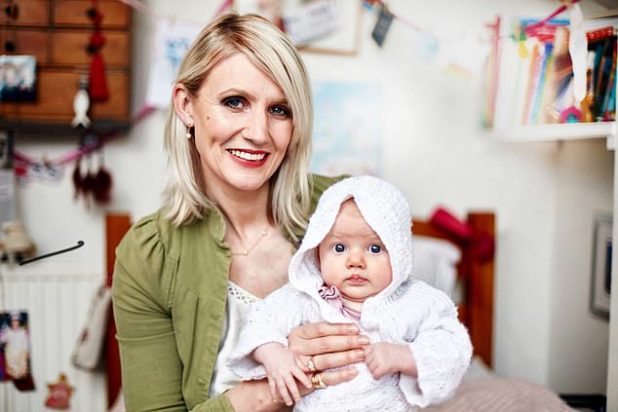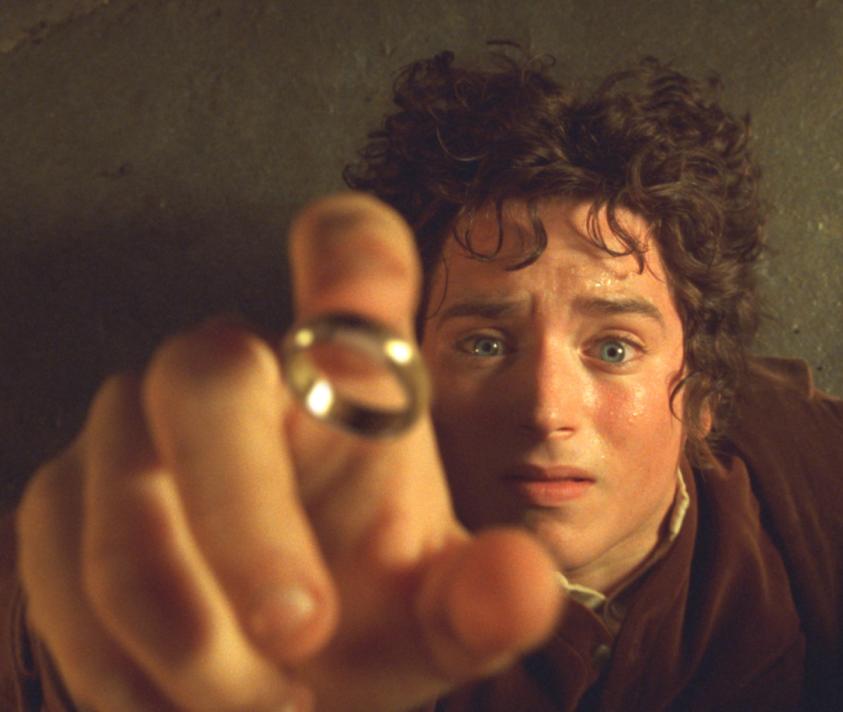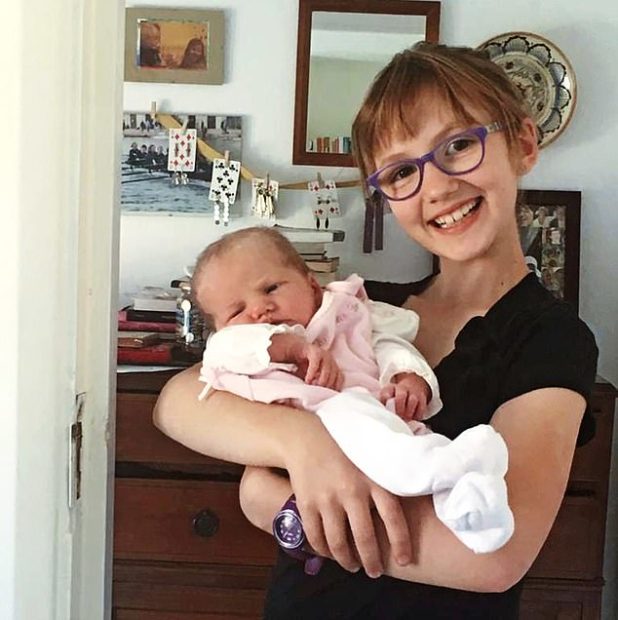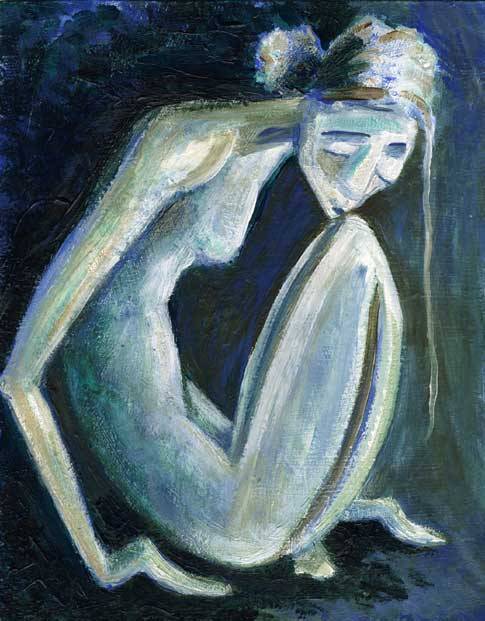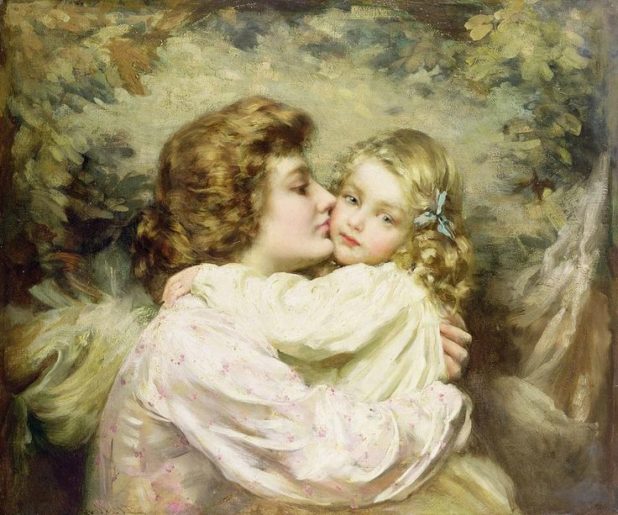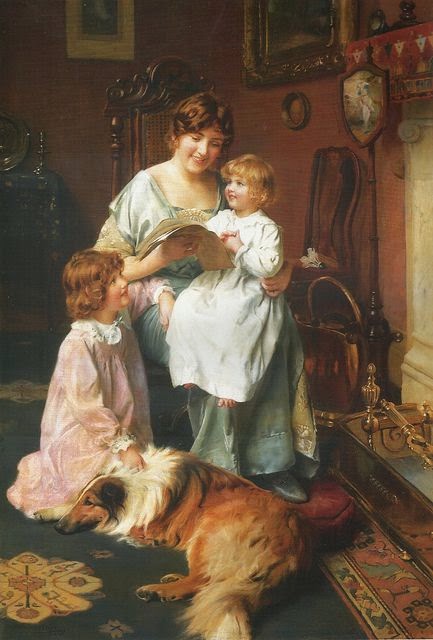Pomidor Quixote
Daily Stormer
January 15, 2019
Tessa and Elena
We know women that miss the motherhood train experience deep regret whether they say it outright or not. This 44-year-old was able to achieve her dream of having a second child, and wrote to the Daily Mail her advice for younger women, hoping they’ll listen and choose a different path.
The warnings began soon after I had my first child, Mara. I was 34, a year shy of being medically classified a ‘geriatric mother’ – the age at which the risk of pregnancy complications begin to multiply.
…
I felt young, and healthy. I looked young (so I thought!). Not geriatric by any stretch. But people had started making comments like: ‘You’d better get going again, unless you want Mara to be an only child.’
I know how annoying it is to be lectured about fertility.
My response? An eye roll and an inward recap of all the reasons why it wasn’t the right time for a second child: job loss, a bad patch in my marriage, the death of my father. Besides, if I was fertile in my early 30s, a few years’ delay wouldn’t make much difference, would it? How wrong I was.
Fertility is a very touchy subject for women. Their whole lives they’ve been told that they can get whatever they want, that they’re just as good or better than men, that sterilizing themselves through the pill is the ultimate form of liberation, that motherhood is a disadvantage for women because women should do the same as men to achieve independence, that they should work on their careers, and more such silliness.
Bringing up fertility reminds them that they’re living a lie, that time is ticking, that whatever it is that caused them to be born female had explicit plans for them. The very important task of creating the next generation has been trusted to them.
Women know this, deep down.
Just like a small hobbit that was given a task too great to achieve on his own had to step up and strengthen his heart to even try and succeeded thanks to the help of his friends, women need to bear the weight of the ring and trust that men will keep the hordes of Sauron at bay long enough for them to get the next generation ready.
This is the basis of the survival of our people.
Three months ago – at 44 – I did finally have a baby. I can’t believe Elena is here. I am so thrilled I don’t even feel tired. But the past five years of my life have been lost to a horrible rollercoaster of desperate longing, dashed hopes, miscarriage, fertility drugs and pain – both physical and emotional.
Elena and her sister Mara
As pregnancy rates in every other age group fall, the number of women conceiving, like me, in their 40s has leapt over the past 30 years, from about 12,000 in 1990 to almost 29,000 a year now. And I’ll go down as another statistic that makes having a baby in your 40s seem relatively straightforward.
But these figures hide the fact that older women are no more fertile than they ever were. I soon discovered late motherhood often comes with a painful backstory. In my case what I’d taken for granted a few years earlier had become virtually impossible.
It’s hard for young women to imagine that the attention and all those benefits they start to experience around puberty could one day be gone forever.
They don’t realize their beauty, their fertility, and their youth, is meant to help them set up the rest of their lives in a way that would bring them joy and happiness later on, which necessarily involves fulfilling their biologic imperative and being of service to their people. It is not meant to be wasted having sterilized sex with as many men as they can possibly can. It is not meant to be wasted in the nightlife they’re so eager to experience. It’s not meant to be washed away with alcohol.
That’s why my message to younger women is: Please don’t wait. Don’t go through what I did.
There is never a perfect time. We mended our marriage, my career continued, I recovered from the loss of my father. It turned out anything was possible except having a baby.
I was 39 when my husband and I began trying for a second child. Nothing happened. Six months and then a year passed. Still nothing.
As any woman who is hoping to get pregnant will know, a year of trying is a long time. And the panic grew. Had I left it too late?
It’s hard to break free from the “right time” trap set up by the Jews. After women were forced into the workforce, they were told that as soon as they finished school they had to join the shekel machine and postpone motherhood until they had made enough money or advanced their careers enough, but then they were enslaved into perpetual debt and that right moment, the perfect time, never came.
And so, I found myself in one of Britain’s largest assisted conception units at Guy’s Hospital in London. Where Mother Nature could no longer deliver, modern science would step in, surely?
Lots of women clearly had the same thought, as a third of the female patients at Guy’s ACU are over 40. But, though there have been increased IVF success rates, senior consultant gynaecologist Tarek El-Toukhy explained: ‘It’s non-age-related fertility issues that on the whole we’re getting better at treating. If ovaries and eggs are ageing, there’s much less we can do.’
Indeed. Expecting to “fix” aged eggs would be like expecting to reverse aging.
The statistics back this up. Just over 33 per cent of women under 35 end up with a baby after one round of IVF. But for women over the age of 42, the ‘live birth rate’ drops to less than ten per cent. This falls below two per cent for women over 44, as egg quality diminishes with age, making implantation in the womb less likely. Small wonder I cycled home from the clinic on that first day in tears.
I was nearly 41 when I started my first round of IVF. I knew the odds were drastically stacked against me, but I hadn’t factored in just how unpredictable our reproductive systems can be.
Biology is telling you, loud and clear, that the time for motherhood is right after puberty, and it is doing so in your best interests. It’s not working against you.
After a year of fertility treatment I’d been pregnant three times, but I still didn’t have a baby.
There was the whoosh of adrenaline when a test came back positive and the delicious sense of anticipation that accompanied swollen breasts and surging hormones.
Then came the crash. Crying, bleeding, cramping, and a pain I’d never experienced before, a nagging ache for a vital presence that was no longer there.
At any age, pregnancy loss can feel devastating, but it is particularly cruel when you are sub-fertile – or ‘over the hill’, as one relative put it. Sadly he had a point – my ectopic pregnancy, when the embryo implants outside the womb, and an 11-week miscarriage were almost certainly due to my advanced age. Obstetrician Roger Smith, an expert in IVF at King’s College Hospital, London, is matter-of-fact. ‘For a woman aged 40, miscarriage in the first trimester occurs in about 38 per cent of cases and that rises to 70 per cent in a 45-year-old.
‘It becomes harder to achieve an established pregnancy over 12 weeks because poor egg quality often leads to chromosomal abnormalities in the embryo.’
I wasn’t alone. I saw women my age waiting grim-faced for IVF consultations they could ill afford, or doubled up in hospital corridors, sobbing silently at yet another loss. One friend had seven miscarriages before she finally gave birth to her second child aged 45.
Mr Smith says many women he treats over 40 who achieve a live birth do so with eggs from a much younger donor – even if they don’t admit it. ‘There is a tendency for people, especially if they are high-profile, not to be entirely honest about how they got pregnant.’
They try to trick themselves into thinking they’ve fulfilled their dream of being a mother while having the baby of another woman grow inside of them. Such a sad state of affairs.
Amazingly, after two rounds of IVF, I got pregnant and remained so beyond 12 weeks. I was high as a kite, invincible, overjoyed.
But then I caught listeriosis, a bacterial infection from food.
In my second trimester, two months shy of my 42nd birthday, I had a late miscarriage. My tiny son had died inside me. I now know where the expression ‘climbing the walls’ comes from.
I flung myself around, groping, calling, crying for my boy. Even my IVF gynaecologist, who deals with grief on regular basis, wept – no doubt sensing the impossibility of me ever getting pregnant again.
BUT MOLOCH SAYS THEY’RE JUST FETUSES!!!!!
Most women agree that the only way to truly overcome such a loss is to have another baby. So I kept trying.
If you know the joy that a baby brings, perhaps you’ll be able to imagine the pain at not being able to have one.
Like many women in my situation, I experienced emotions I hadn’t known existed within me – fear, isolation, desperation, envy.
I avoided mums with prams, steered clear of sibling groups at the school gate and fought a daily swell of self-loathing that came with the growing knowledge that my predicament could so easily have been avoided just a few years earlier. How I wailed for what I’d lost – the ability to create and nurture new life. I was a woman apparently in the prime of her life, but I couldn’t have a baby. I wasn’t able to give my husband a second child, nor gift my daughter a sibling.
Infertility cost me friendships, work and a lot of money: seven rounds of IVF, totalling £32,000. Holidays are a thing of the past and we no longer have a car. But, eventually, I did strike gold. I’d stopped treatment, but had one remaining frozen embryo from my sixth cycle – and that embryo became baby Elena.
Your career, your vacations, your car, your expensive smartphone, and even your clothing… none of that will matter once you realize you’re about to lose your only chance at ever fulfilling your life purpose. The chance at doing the one thing you were made to do: being a mother.
When Elena finally became an established pregnancy at 12 weeks, I was terrified and exhausted throughout the remaining six months.
I got pregnant exactly ten years after the conception and birth of my first daughter, but the two experiences were incomparable.
Fully aware of the increased chance of birth defects and chromosomal abnormalities in older women, I never slept the night before a neonatal scan.
…
Mr Smith confirms the risk to older mothers is higher during pregnancy, and that includes the chance of maternal death. ‘We see age-related problems like heart disease appear in 45-year-olds that we wouldn’t in a younger woman,’ he says.
…
My dad is now dead, my mum has poor sight; Elena’s cousins are much older, as are most of my friends’ children; so care options and Elena’s access to extended family are reduced.
I know female readers here are constantly told they’re useless whores, stupid sluts, disgusting pieces of shit, and all of that. It’s true, that’s what they are. But they don’t have to be that way.
They can resist the Jewish programming, or at least they can try.
It won’t be easy. It isn’t meant to be easy.
Being a mother requires effort and there’ll be times when you’ll feel exhausted and think you can’t possibly go on. Maybe you’ll think that you should have waited for a better time, perhaps a time where you’d be better off financially or more mature.
But you’ll almost immediately realize those thoughts are a trap.
You’ll see the lovely faces of the kids you brought to this world, you’ll see the face of your man in them, and you’ll know it was worthy. You’ll have no doubt every pain was worth them being there with you, and you’ll know you wouldn’t change the family you made for anything. Nothing would be more important than them. You’ll look forward to update your husband on the kids’ doings once he comes home, and you’ll be as excited as the kids to see him. All of you will sit to have dinner, and there’ll be laughs, stories told, and plans for the future. You’ll never feel alone when he’s away because you’ll have parts of him following you around everywhere you go.
The little ones will make sure you never feel inadequate ever again, because you’ll be everything they will ever need.
You are everything they could possibly ever ask for, because you are their mom.
Don’t take that away from you. Don’t let anyone take that away from you.
 Daily Stormer The Most Censored Publication in History
Daily Stormer The Most Censored Publication in History
